solution-driven research
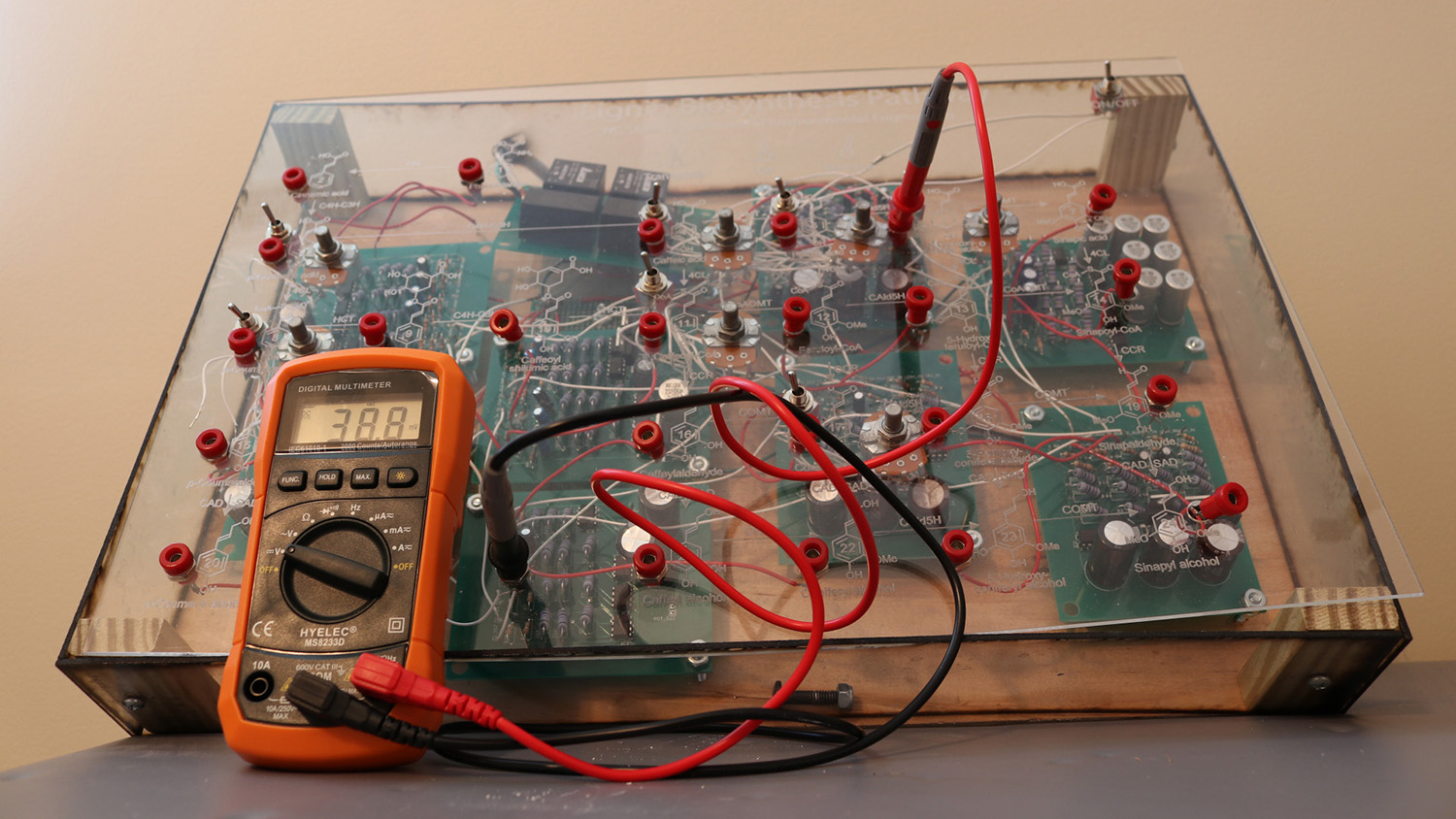
Hands-On Model Helps Students Understand Genetic Engineering

Paper Pumps Power Portable Microfluidics, Biomedical Devices
Pilot Project Offers Blueprint for Addressing Mental Health Needs of Homeless Children

Playing (Video) Games With Decision Making
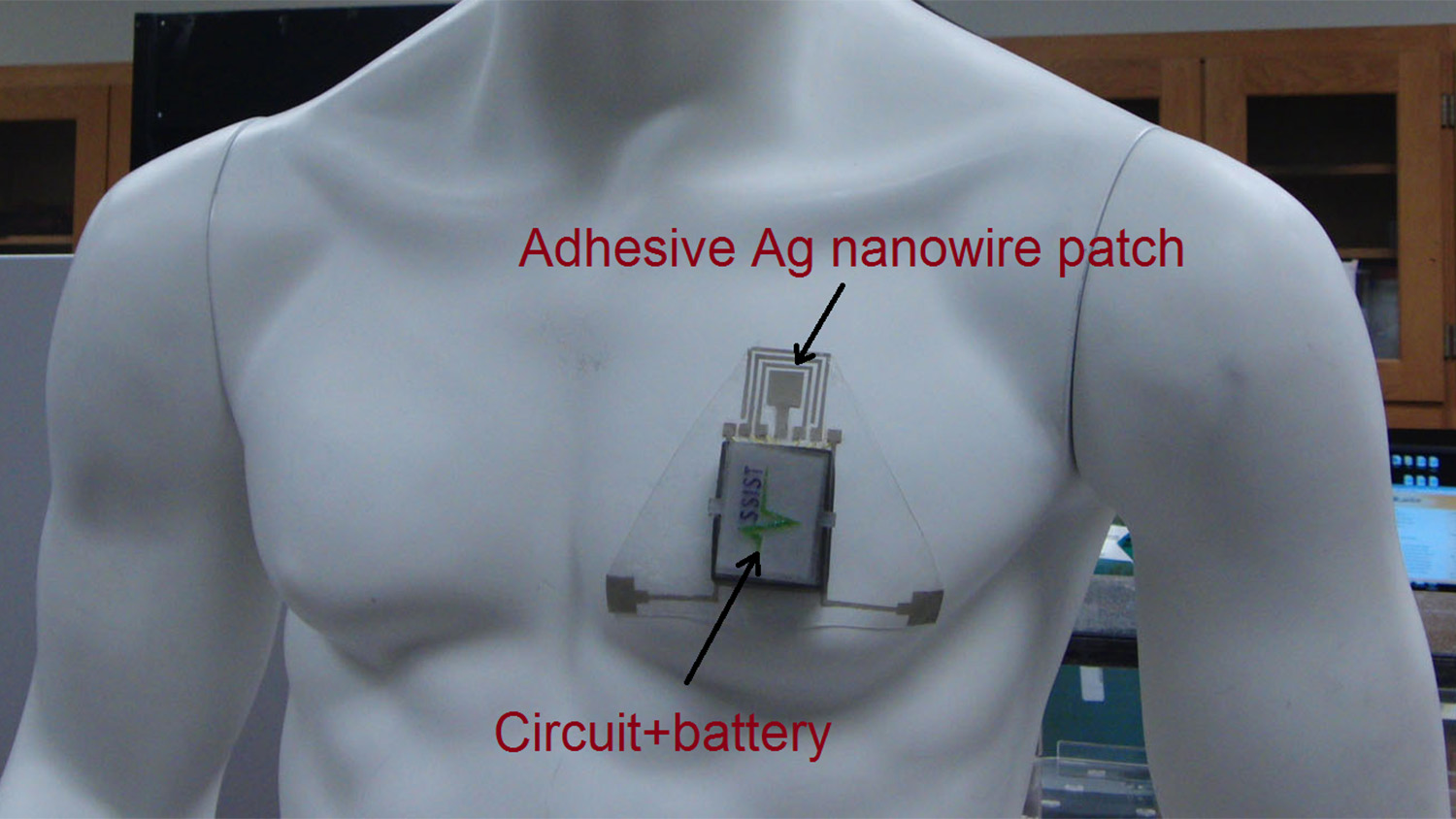
Researchers Develop Wearable, Low-Cost Sensor to Measure Skin Hydration

NC State to Play Workforce Training Role in National Biopharmaceutical Initiative

Study IDs Key Indicators Linking Violence and Mental Illness

Drug Use Strong Predictor for Postpartum Mental Health Problems
An Efficient Approach for Tracking Physical Activity with Wearable Health-Monitoring Devices
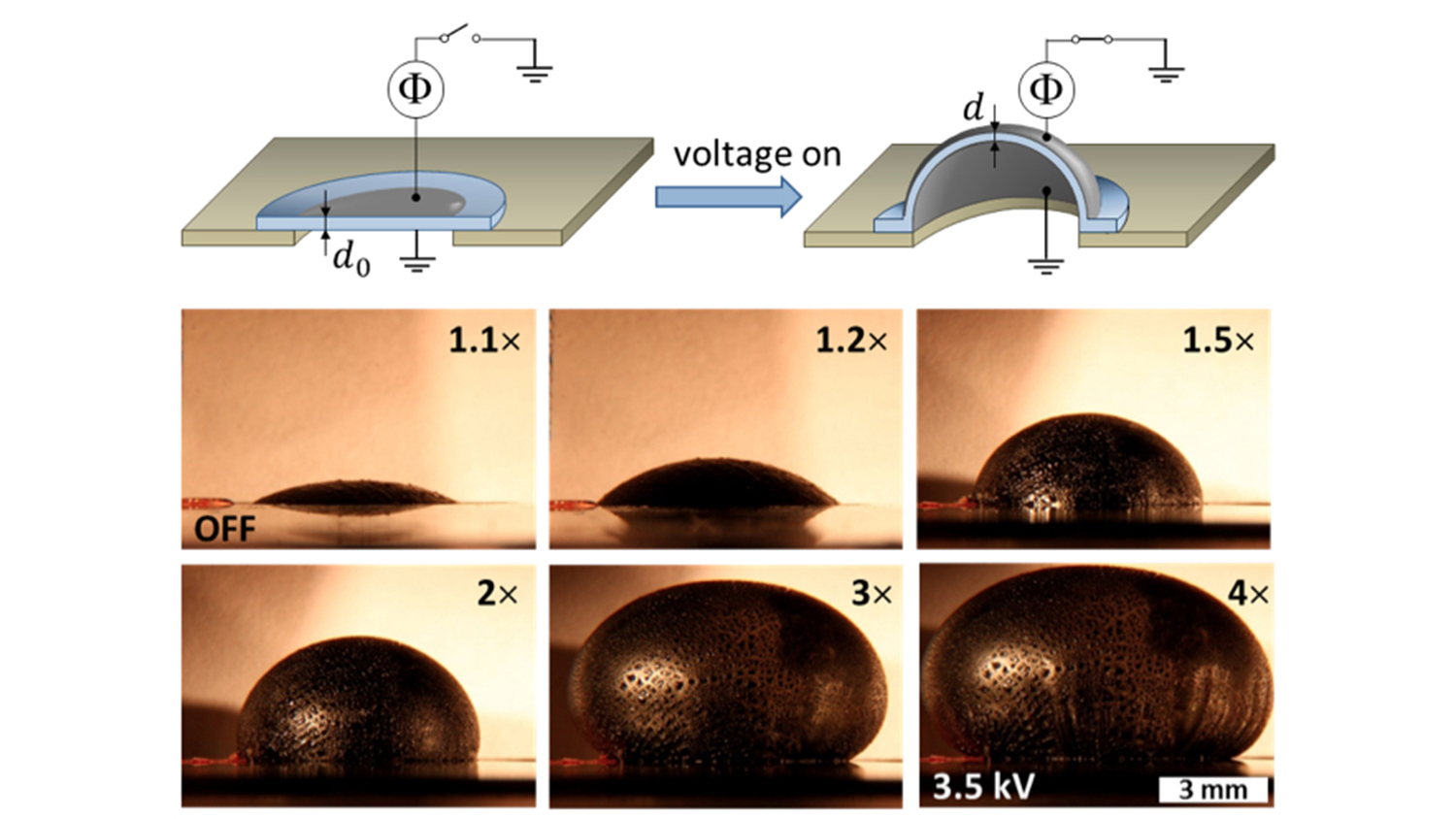
New ‘Bottlebrush’ Electroactive Polymers Make Dielectric Elastomers Increasingly Viable for Use in Devices
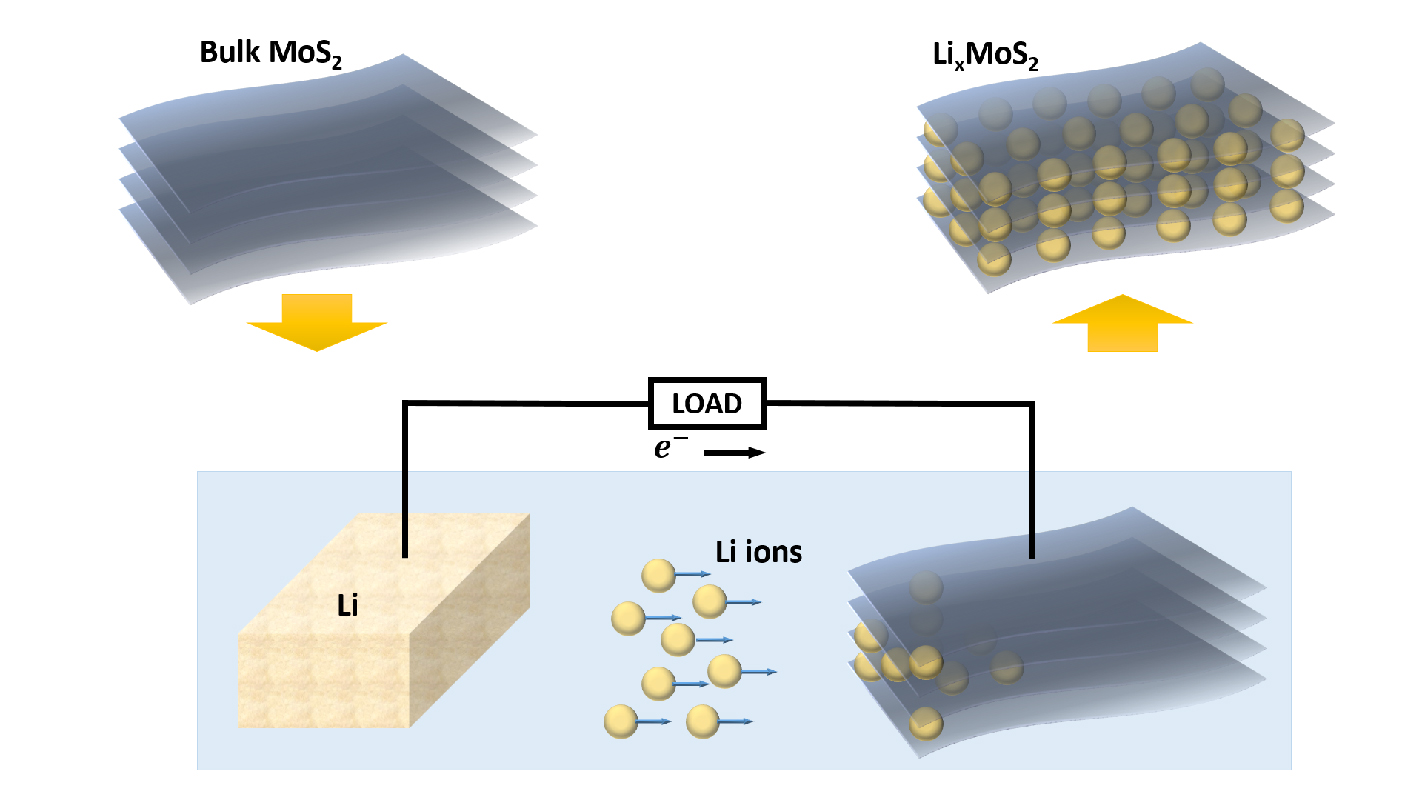
Researchers Find Way to Tune Thermal Conductivity of 2-D Materials
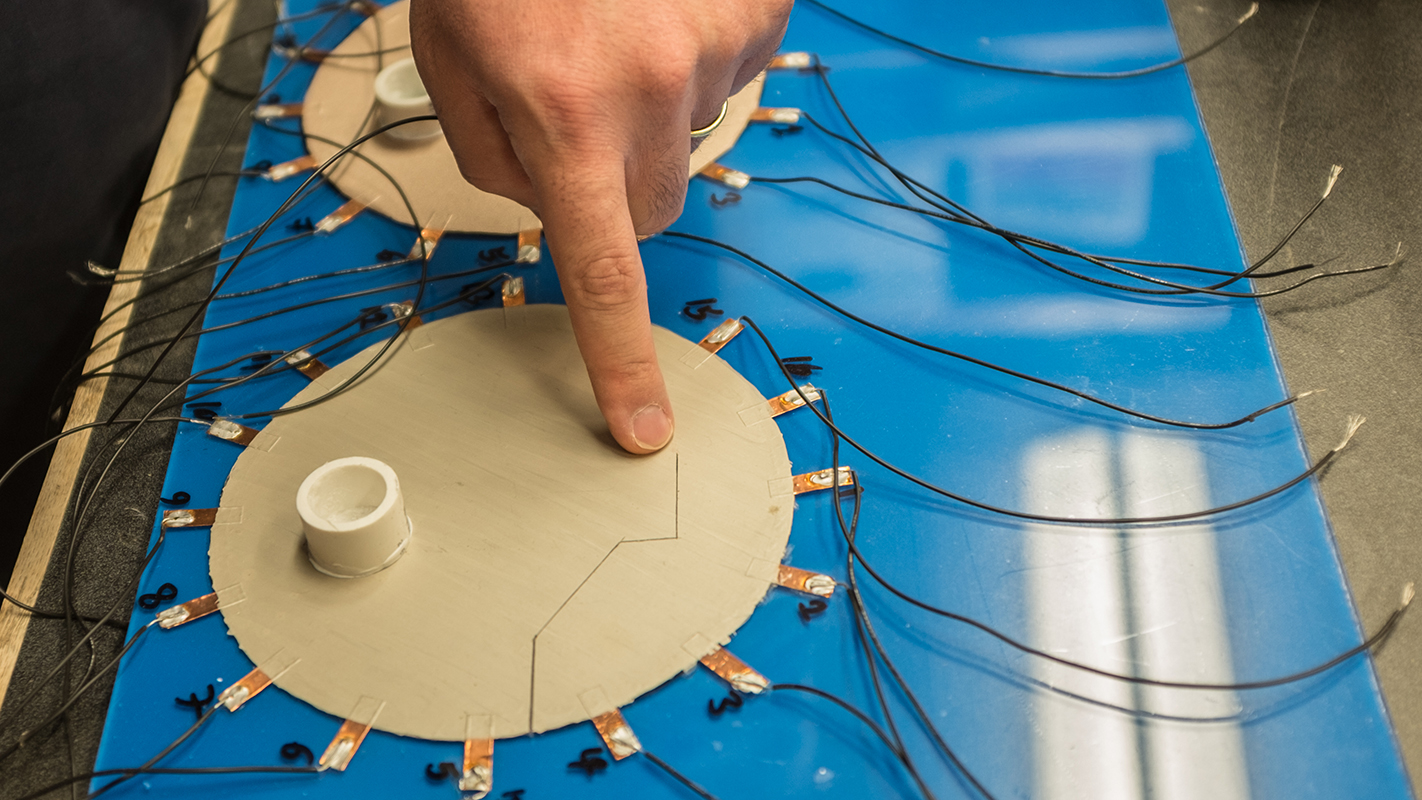
‘Sensing Skin’ Detects Cracks, Harmful Chemicals in Structures
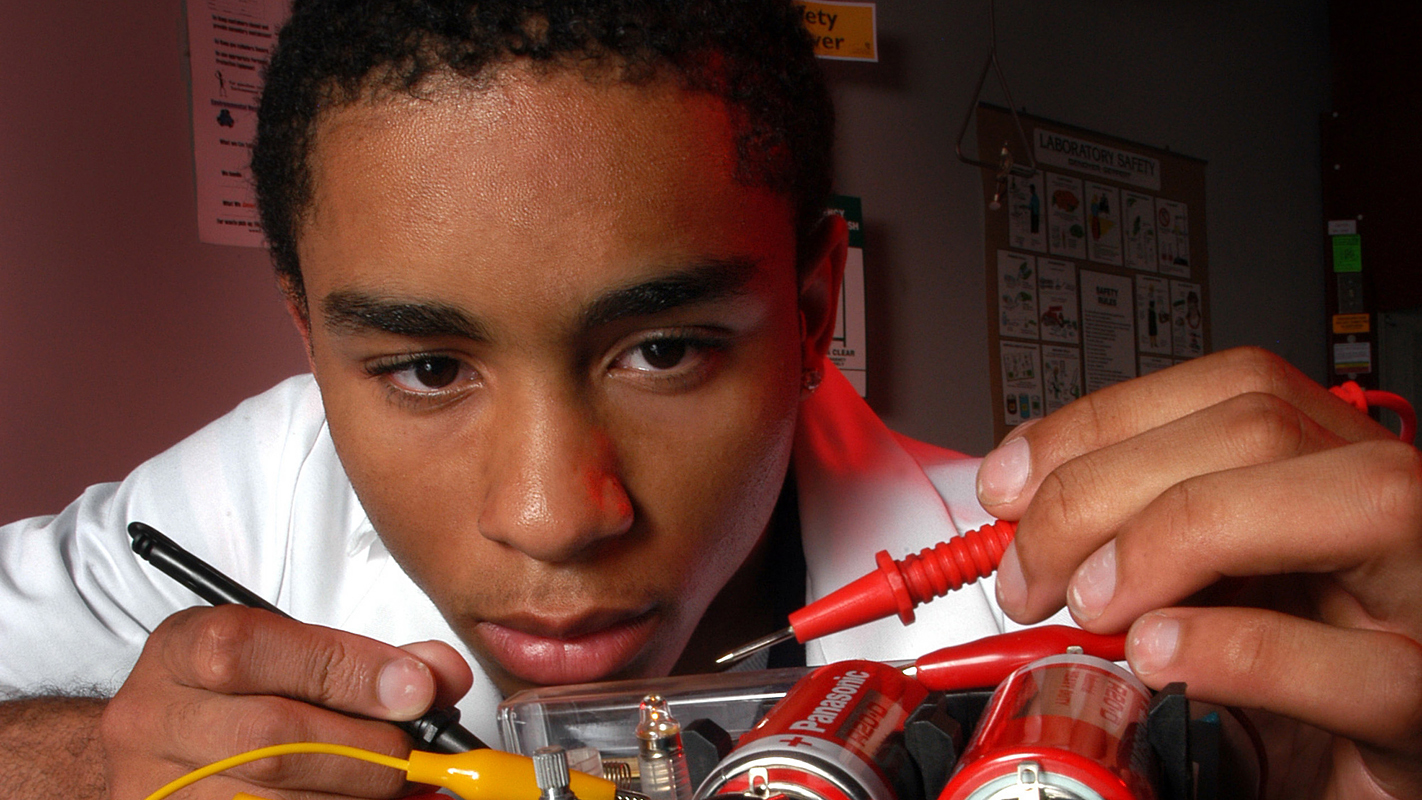
NSF-funded Afterschool Program Powering Up in Durham
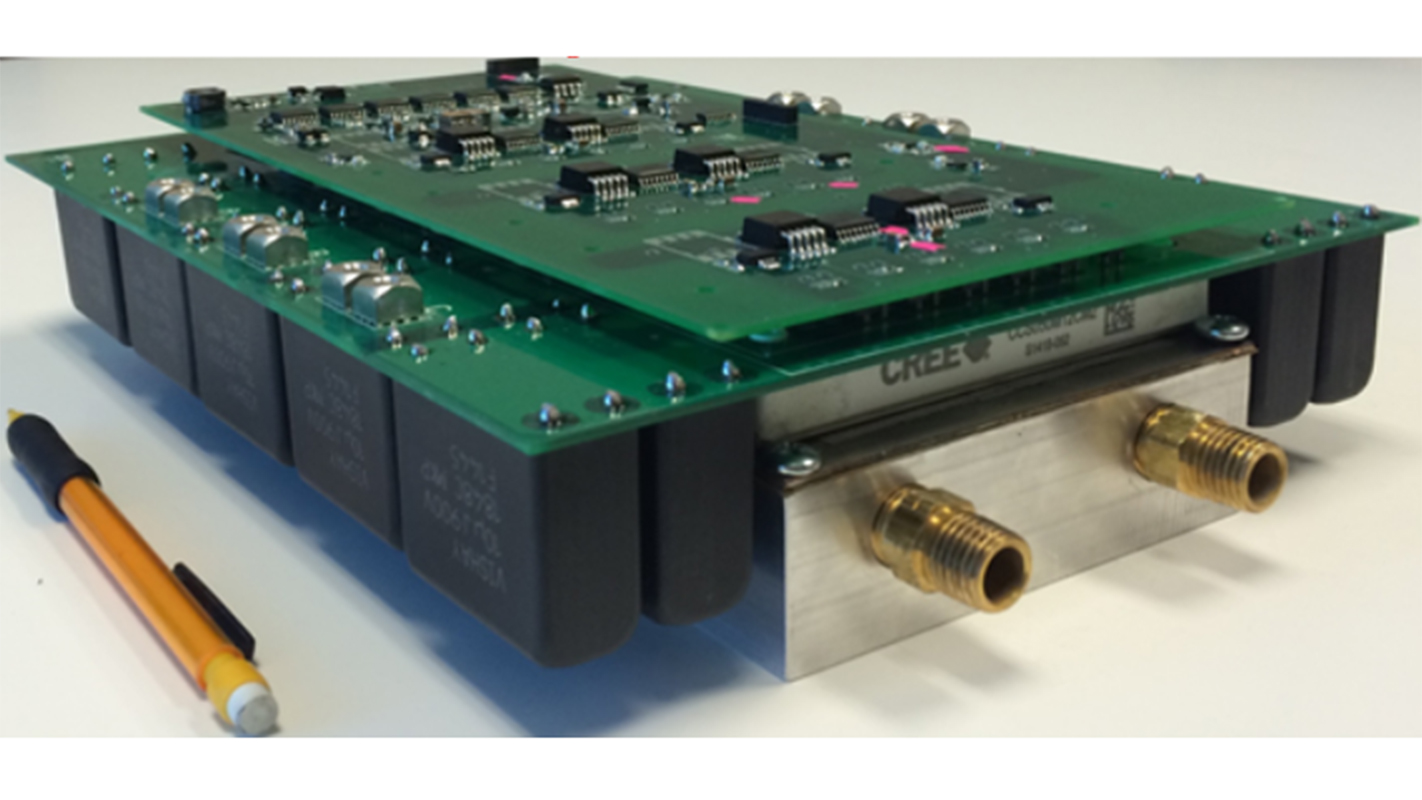
New Tech Promises to Boost Electric Vehicle Efficiency, Range
